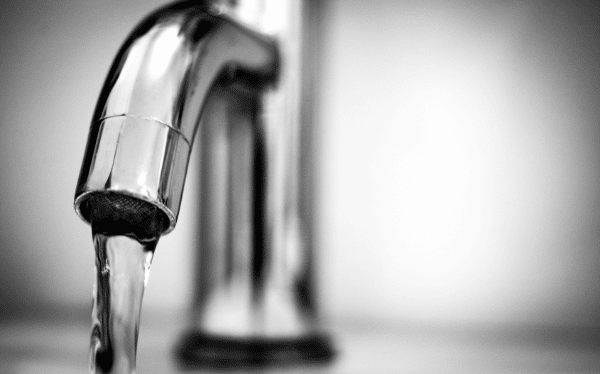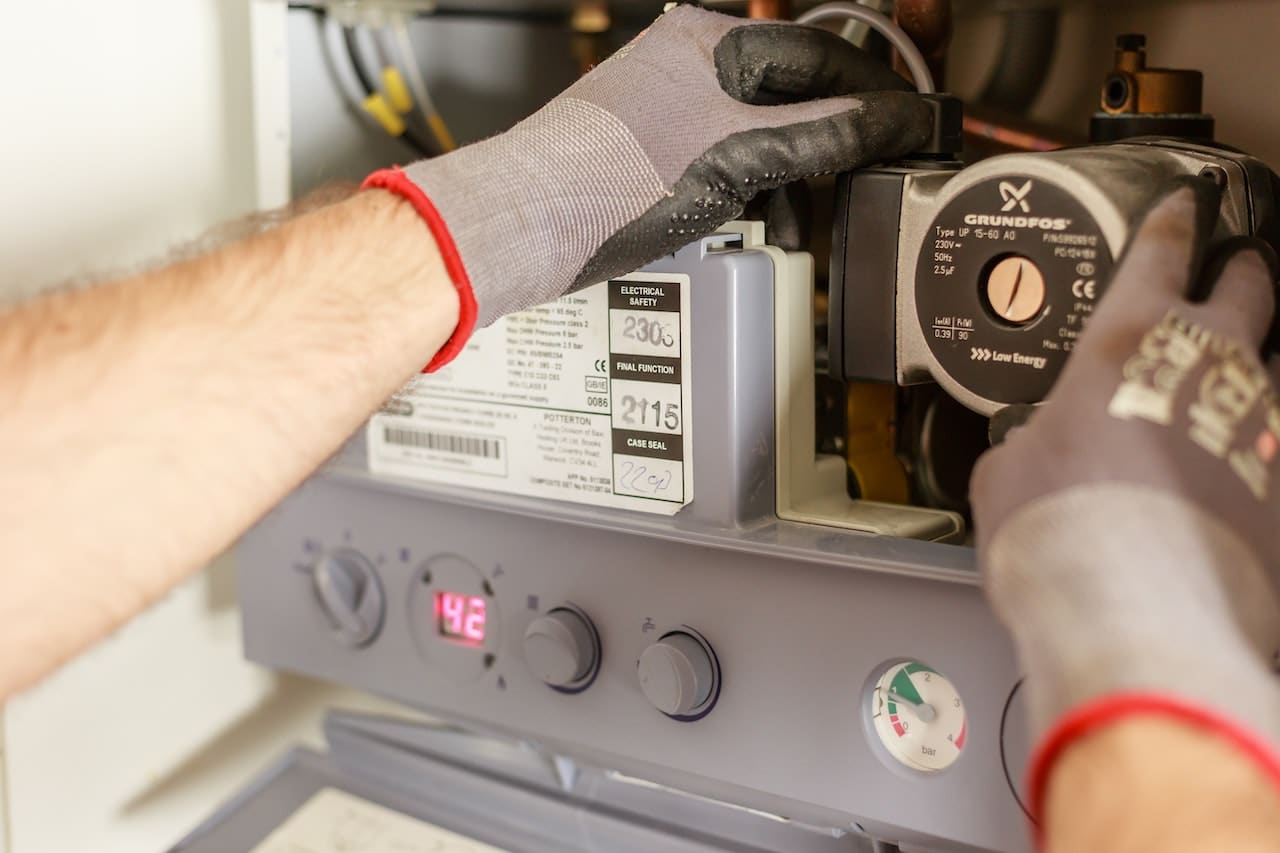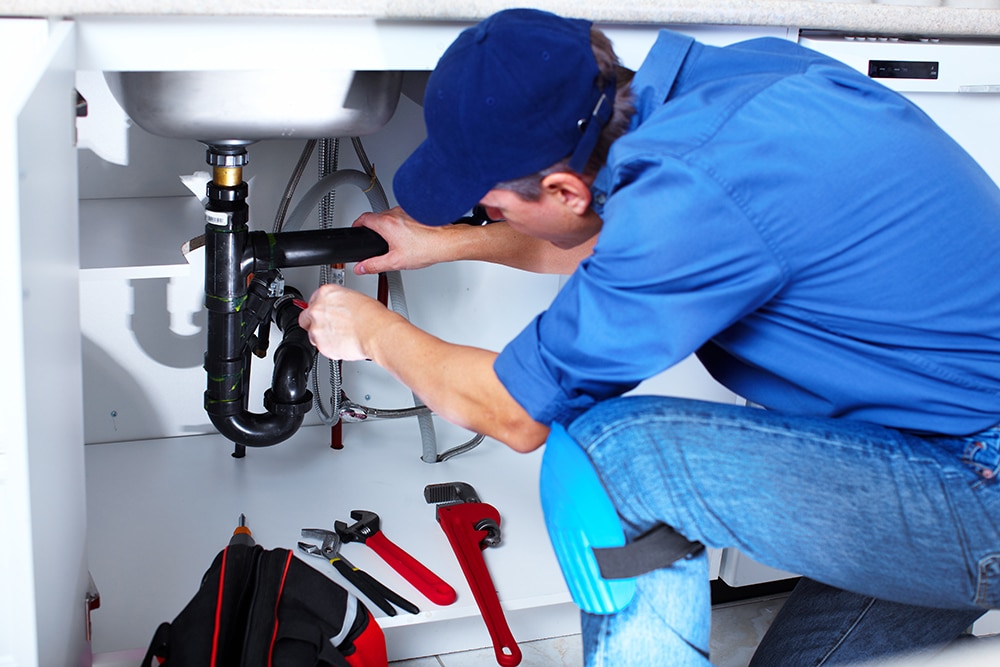One of the easiest ways to improve the quality of your water is by cleaning it. Hard water tends to taste bad due to the high amount of minerals it contains. This can discourage children from drinking water. Water softeners are a good option because they filter out minerals, making the water taste better. Another great way to improve the quality of your water is by installing a filtration system. You can do this yourself with a few tips.
One of the most common and most effective ways to improve the quality of your water is to install a water filter in your home. This device removes the majority of contaminants, including chemicals that can cause cancer. You can also reduce your risk of developing cancer by reducing your contact with these contaminants. In addition to water filter replacement, you should make sure that your drinking water filters are changed frequently to prevent the buildup of contaminants.
Another important step to improve water quality is to flush the pipes. This can be done by running all the taps in your home for a few minutes. By doing this, the water system will be free from any contaminants or debris that might be lurking in it. Make sure to flush the pipes thoroughly before using them again. Also, check the casing of the pipes and wells on a regular basis. In some cases, the pipes may be partially corroded, which can make the water contaminated. Having your pipes replaced should only be carried out by someone who has expertise in plumbing and water treatment.
Proper trash disposal is also important. Pick up any trash you see on the ground and dispose of it properly. Most land-based debris eventually makes its way to the local waterways. So, even if you live in a busy city, you can do your part to protect your local water source. You can also start your own source water collaborative by using a tool kit that contains helpful information on the subject. You can get the most out of it by doing your part and educating others about water quality.
Boiling water is a simple and effective short-term solution to water contamination. Boiling water kills bacteria, viruses, and parasites that can cause health problems. Boiling water is a great way to purify water, but if you are not sure, contact a water quality professional. Alternatively, you can filter it through a coffee filter or a clean cloth. Boiling water for a few minutes should do the trick.
If you live in a city where your water supply is regulated, it’s important to do your part to maintain the quality of your water. Make sure that you don’t use the public sewers for untreated waste. This could result in lead being present in your water. Moreover, aging pipes can lead to the presence of lead in the water. Therefore, it’s important to hire a plumber to examine your plumbing system and make recommendations for repairs and upgrades. When considering water quality, always remember that drinking water is vital for cooking, brewing coffee, or crafting pasta recipes. The following are a few simple tips that will help improve the quality of your water.
Clean water is an essential part of optimal health. Water is 50 percent of our body and contains numerous toxins. When water is polluted, its composition and purity can be severely impaired. Moreover, even the smallest drops of water can cause harmful effects. For example, one recent case in Texas involving a sinkhole that contaminated water aquifer was not discovered until weeks later. Despite these examples, water quality is an issue throughout the world. Regular cleaning will minimize the bacterial contamination and make the drinking water stations more appealing to students.
One of the easiest ways to improve your water’s quality is by running water for two minutes when it is empty. This will start the water moving again and remove contaminants and bacteria that might be hiding in your pipes. Hot water will also break down contaminants and bacteria while cold water will isolate troublemakers. Also, keep an eye on your faucet aerators. These screens on the end of your faucet can build up a significant amount of sediment. Over time, the buildup will affect the quality of your water and flow, pressure and taste.
Installing a water softener is another great idea if your water is hard. Water that is too hard can be damaging to your skin and pipes. Water softeners remove these minerals from your water. If your water is hard, a water softener can help improve its quality and prolong the lifespan of your plumbing. Also, replacing your old pipes will prevent dangerous bacteria from entering your water supply. These steps are relatively easy to perform and can make a big difference in the water quality of your home.



